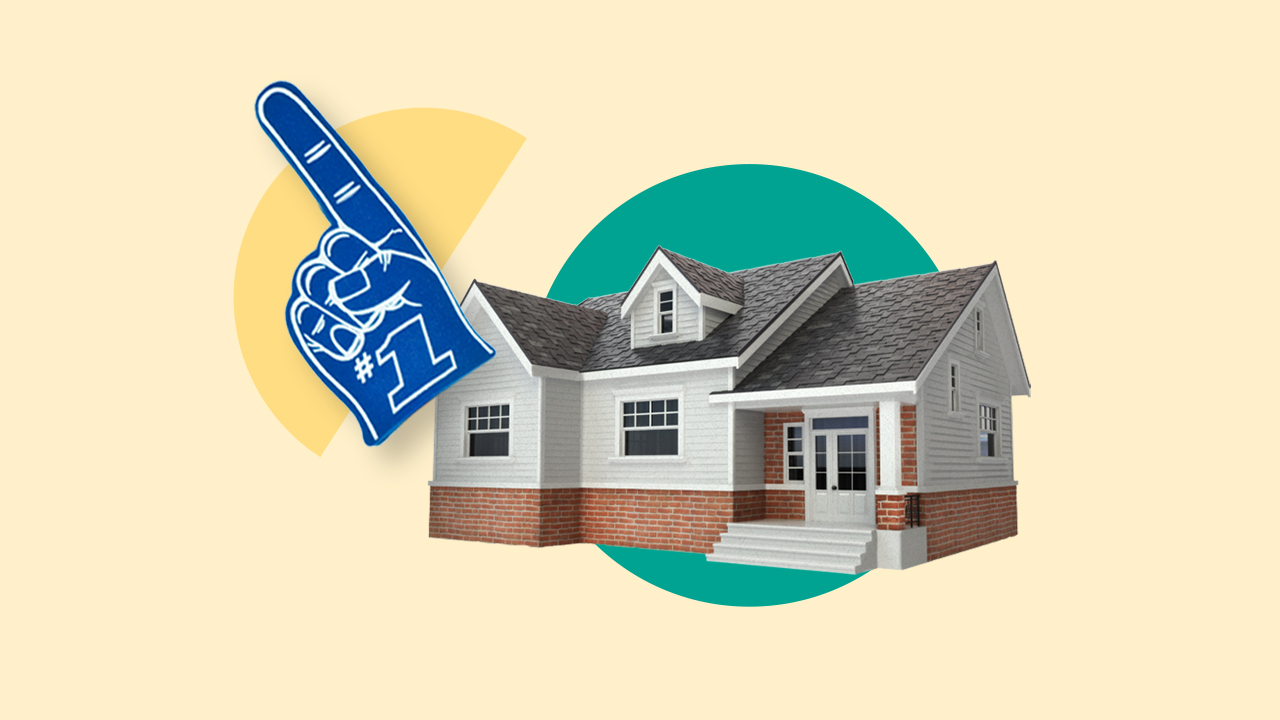Homeowners insurance is a critical aspect of owning property, offering peace of mind by protecting your investment from unforeseen circumstances. Understanding the factors that influence the cost of your homeowners insurance can empower you to make informed decisions, potentially leading to significant savings. The cost of homeowners insurance is influenced by a myriad of factors, ranging from the location of your home to the materials used in its construction. This guide will explore the key factors that impact your homeowners insurance premium and offer advice on how to navigate these considerations effectively.
One of the primary determinants of your homeowners insurance premium is the location of your property. Regions prone to natural disasters, such as floods, hurricanes, or wildfires, may see higher insurance costs due to the increased risk. Furthermore, the crime rate in your area can also affect your premium, with higher rates of vandalism and theft leading to higher premiums. Additionally, the proximity of your home to fire stations and water sources can influence your insurance costs, as these factors affect the likelihood of timely emergency response and damage mitigation. Understanding how location impacts your insurance can help you weigh the costs and benefits of living in certain areas.

- Average homeowners insurance cost in the U.S. – Understanding its significance Source: Jessie See – bankrate.com
The size and condition of your home are significant factors in determining your homeowners insurance rates. Larger homes generally cost more to insure because they have more space and potentially more contents to replace in the event of a loss. The age and condition of your home also play a crucial role, as older homes might require additional coverage due to the increased risk of infrastructure failures. Insurance companies may request a home inspection to assess the risks associated with the property’s condition, potentially affecting your premium.
Ownership status influences your homeowners insurance premium. Homeowners who have a mortgage may be required by lenders to have specific levels of insurance coverage, whereas those who own their homes outright have more flexibility in choosing their coverage levels. This can affect both the cost and the extent of the insurance purchased. Moreover, the level of coverage you select directly impacts your premium. Comprehensive policies with lower deductibles and higher coverage limits will generally cost more, reflecting the greater financial protection they offer.

- Key factors that influence your homeowners insurance premiums Source: experian.com
Previous claims history is another significant factor that insurance companies consider when calculating premiums. If you or the home’s previous owners have filed numerous claims, insurers may view the property as high-risk, which can increase the cost of your insurance. It’s essential to be strategic about filing claims, as frequent claims can lead to higher premiums over time. Additionally, the cost of construction and materials in your area can affect your premium. If your home requires repairs or rebuilding, areas with higher construction costs will see higher insurance costs to cover these expenses.
Your credit score can also impact your homeowners insurance costs in states that allow insurers to use credit-based insurance scores. A higher credit score may afford you lower premiums, reflecting the insurance industry’s view that individuals with higher scores are less likely to file claims. By managing your credit responsibly, you may improve your insurance score and potentially lower your insurance costs.

- The impact of adjusting your insurance deductible on premiums Source: experian.com
To potentially lower your homeowners insurance costs, consider increasing your deductible, the amount you pay out of pocket before your insurance policy kicks in. Higher deductibles generally lead to lower premiums but mean more out-of-pocket expenses during a claim. Additionally, enhancing home security with systems that deter theft or mitigate damage, like sprinkler systems or burglar alarms, can sometimes lead to discounts. Updating or renovating your home to improve its safety and infrastructure can also lower your risk profile and, by extension, your premiums.
Be cautious with claims; avoid filing small claims that could increase your premiums in the long run. Insurance companies often offer discounts to homeowners who haven’t filed claims in several years. It’s also worth exploring discounts for bundling different types of insurance policies, such as homeowners and auto insurance, with the same company. Regularly reviewing and adjusting your coverage can ensure you are not over-insuring your property, which can save you money. Furthermore, shopping around and comparing quotes from different insurers can help you find the best rates and coverage for your specific needs.

- The value of shopping around for homeowners insurance Source: Jessie See – bankrate.com
In conclusion, understanding the various factors that impact your homeowners insurance premium is crucial for effectively managing your policy’s costs. While some factors, such as location and the size of your home, may be outside of your control, others, like your claims history and the level of coverage you choose, offer opportunities for savings. By taking proactive steps to lower your risk and shopping around for the best rates, you can potentially save hundreds of dollars on your homeowners insurance each year. Remember, the key to finding the best insurance policy is not just about chasing the lowest cost but balancing affordable premiums with adequate coverage that meets your needs.






